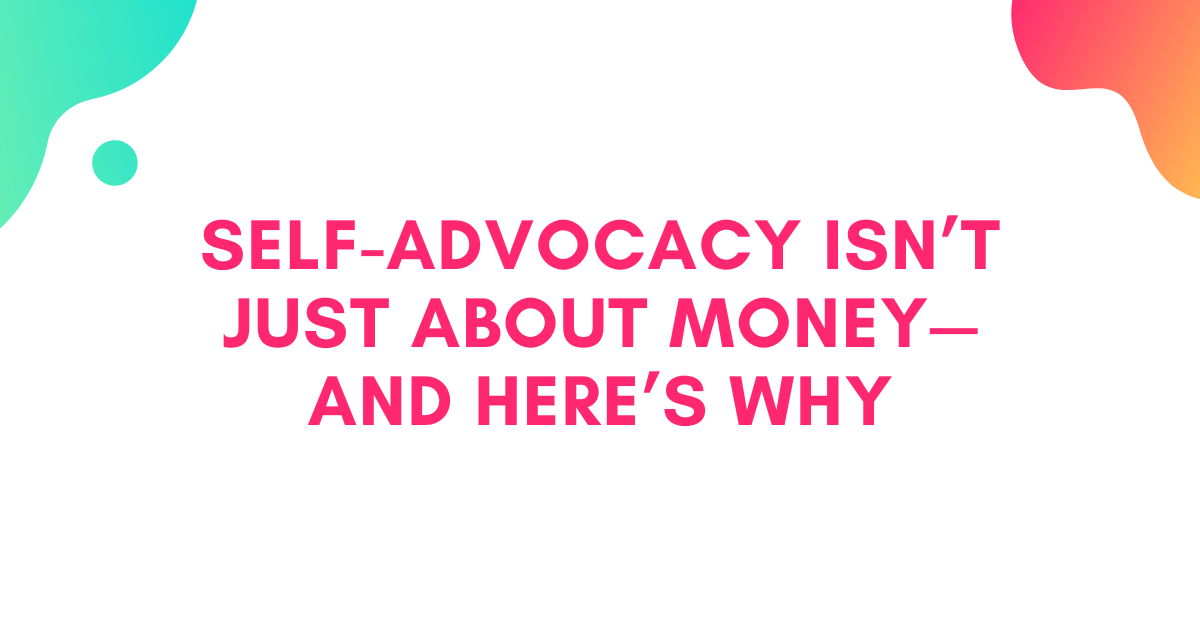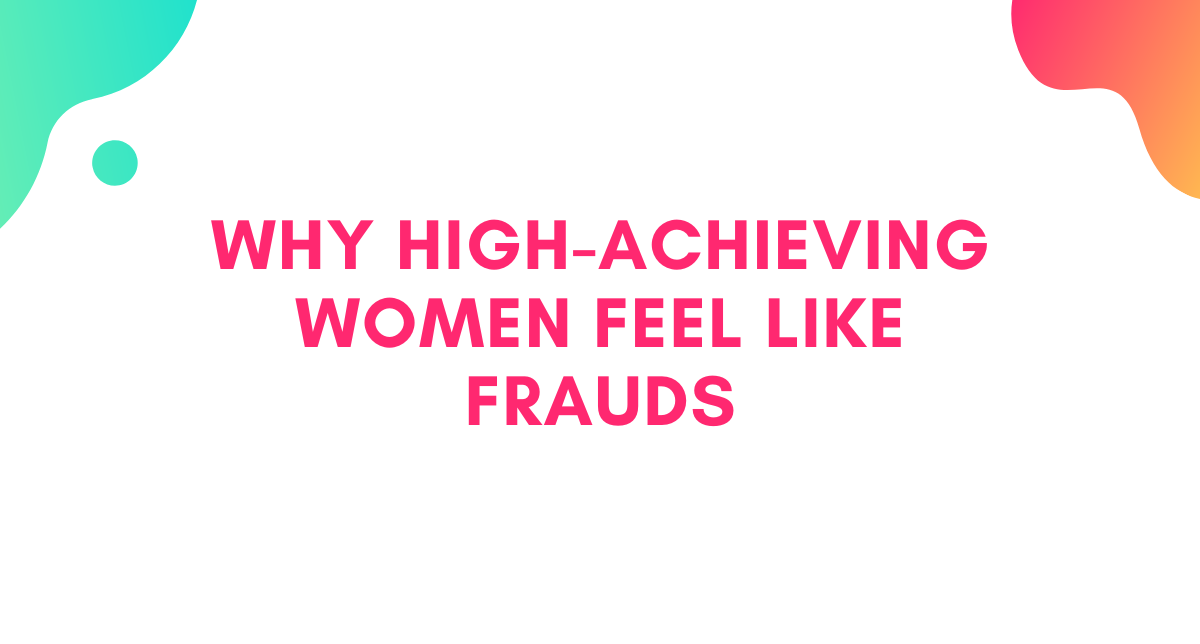Self-Advocacy Isn’t Just About Money—And Here’s Why
My mom — a South Korean immigrant with ironclad grit who wishes nothing less than abundance and success for her children — would probably get mad at me for saying this: I delight in making less money, by design.
It’s not a failure of strategy or a lack of hard work. Choosing to leave money on the proverbial table is a deliberate, values-based choice.
I choose:
Sustainability and going slow over making myself sick chasing fabled hockey-stick growth
Class-equitable sliding scale rates, in recognition of the real constraints women face in systems still shaped by racism and sexism
A human-scaled practice, instead of pumping it up artificially to look like a polished, impersonal “institution”
These aren’t sacrifices. They’re freedoms — hard-earned through a decade of intentional decisions and, yes, plenty of unearned advantages.
That doesn’t mean I don’t care about money.
I care deeply.
I know firsthand the power and impact of women earning money — from watching my single mom scrimp, save, and hustle to raise and educate three daughters, all while speaking broken English in a country that didn’t make it easy (even worse these days, I know).
As Sallie Krawcheck said: “Nothing bad happens when women have more money.”
But for my clients — ambitious, brilliant, mid-career women — the equation is never just about money.
They’re navigating so much more:
External pressure to have children, or conform to outdated ideals of what a mother or woman leader should be and look like and talk like
Internal pressure to please, perfect, and perform — often for others' comfort, even at their own expense
Structural pressure from workplaces that demand loyalty and silence, while offering little in the way of real career guidance
So when a woman starts to advocate for herself — whether for a raise, a promotion, or a new opportunity — she’s not just making a financial move.
She’s challenging years of conditioning.
She’s navigating decisions that often feel more like obligations and "musts" than choices.
That’s why I coach women to build self-confidence and self-advocacy skills — while choosing a business model that doesn’t revolve around chasing more money for the sake of more.
Because for real women professionals, growth is never just about a number.
It’s about reclaiming your mental bandwidth, your voice, your values — and yes, your right to delight in whatever delights you, even if that means making less money (for now).
I’ve chosen a slower, scrappier, more human-scaled path not because I’m less ambitious, but because I believe in liberated ambition — the kind that honors your nervous system, your rhythms, and your truth.
And that’s the kind of ambition I help my clients reclaim too.
If this resonates with you, I invite you to book a free, hour-long consultation with me.
On this call, I’ll help you cut through the noise of gender socialization and others’ expectations, so you can walk away with a custom blueprint for confidence — one that’s grounded in your truth, values, and voice.
👉 Click here to book your free consult: https://www.jamieleecoach.com/apply
If we are a slam-dunk fit on the consultation, we'd talk about the coaching investment. I do offer class-equitable sliding scale rates, and you can read about them here:
P.S.
I spent the Memorial Day holiday hanging out with my mom, who’s been by my side through the twists and turns of my entire life.
She’s cheered on my wins, picked out the best outfits to wear to functions, and lifted me up when I was so lost in disappointment that I was on my knees crying.
Yesterday, she told me that when things don’t go as planned, it’s helpful to see it as a chance to move your body — metaphorically or literally — and build strength.
How cool is that? I love her to bits.





